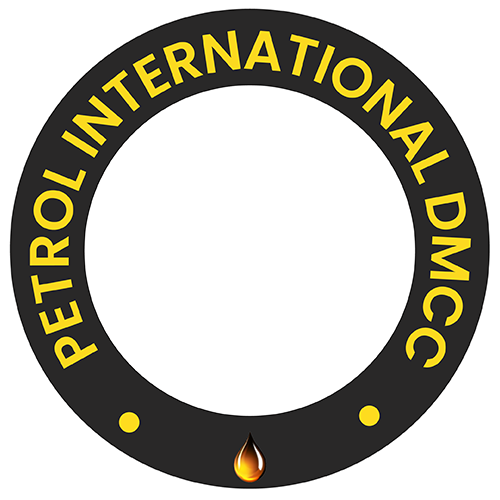In the realm of global economics and geopolitics, few commodities wield as much influence as crude oil. Revered for its pivotal role in powering industries, transportation, and even shaping international relations, crude oil stands as a cornerstone of modern civilization. From the moment it is extracted from the earth to its refined forms used in countless products, the journey of crude oil is both fascinating and controversial.
Origins and Extraction
Crude oil, often referred to simply as oil, is a naturally occurring fossil fuel found deep beneath the Earth’s surface. It forms over millions of years from the remains of ancient marine organisms mixed with sediment and subjected to immense pressure and heat. This organic material undergoes a transformation into hydrocarbons, which are the essential components of crude oil.
The extraction of crude oil is a complex and technologically demanding process. It typically involves drilling deep into the Earth’s crust, sometimes reaching several kilometers underground. Advanced seismic imaging and drilling techniques are employed to locate and extract reservoirs of crude oil efficiently. Once extracted, crude oil is transported via pipelines, tankers, or even railways to refineries for processing.
Refining Process
At refineries, crude oil undergoes a refining process that separates it into various components such as gasoline, diesel, jet fuel, lubricants, and petrochemicals. This process involves distillation, where the crude oil is heated and separated into different fractions based on their boiling points. Additional refining steps such as cracking, reforming, and blending further transform these fractions into usable products that meet specific market demands.
Global Impact and Economic Significance
The significance of crude oil transcends its utility as a source of energy. It plays a pivotal role in the global economy, influencing everything from commodity prices to geopolitical stability. Countries endowed with substantial oil reserves often leverage their wealth and influence on the world stage, while others heavily reliant on oil imports face economic vulnerabilities tied to fluctuating prices and supply disruptions.
Environmental Concerns
Despite its undeniable importance, crude oil extraction, transportation, and consumption pose significant environmental challenges. The combustion of oil-based fuels releases greenhouse gases such as carbon dioxide, contributing to climate change. Furthermore, oil spills from tanker accidents or drilling operations can devastate marine ecosystems and coastal communities.
Future Prospects and Alternatives
The future of crude oil is increasingly uncertain as the world grapples with climate change and seeks sustainable energy alternatives. Renewable energy sources such as solar, wind, and hydrogen are gaining momentum as viable substitutes for fossil fuels. Additionally, advancements in electric vehicles and energy storage technologies are reducing dependence on oil for transportation.
However, crude oil remains integral to numerous industries and continues to drive economic growth in many parts of the world. As efforts to mitigate climate change intensify, the focus shifts towards balancing economic development with environmental sustainability.
Conclusion
In conclusion, crude oil stands as a linchpin of modern civilization, powering economies, industries, and transportation networks worldwide. Its journey from deep beneath the Earth’s surface to the refined products that fuel our daily lives is a testament to human ingenuity and technological prowess. Yet, as we confront the challenges of environmental sustainability, the future role of crude oil is likely to evolve, prompting ongoing debate and innovation in global energy policies and practices.

